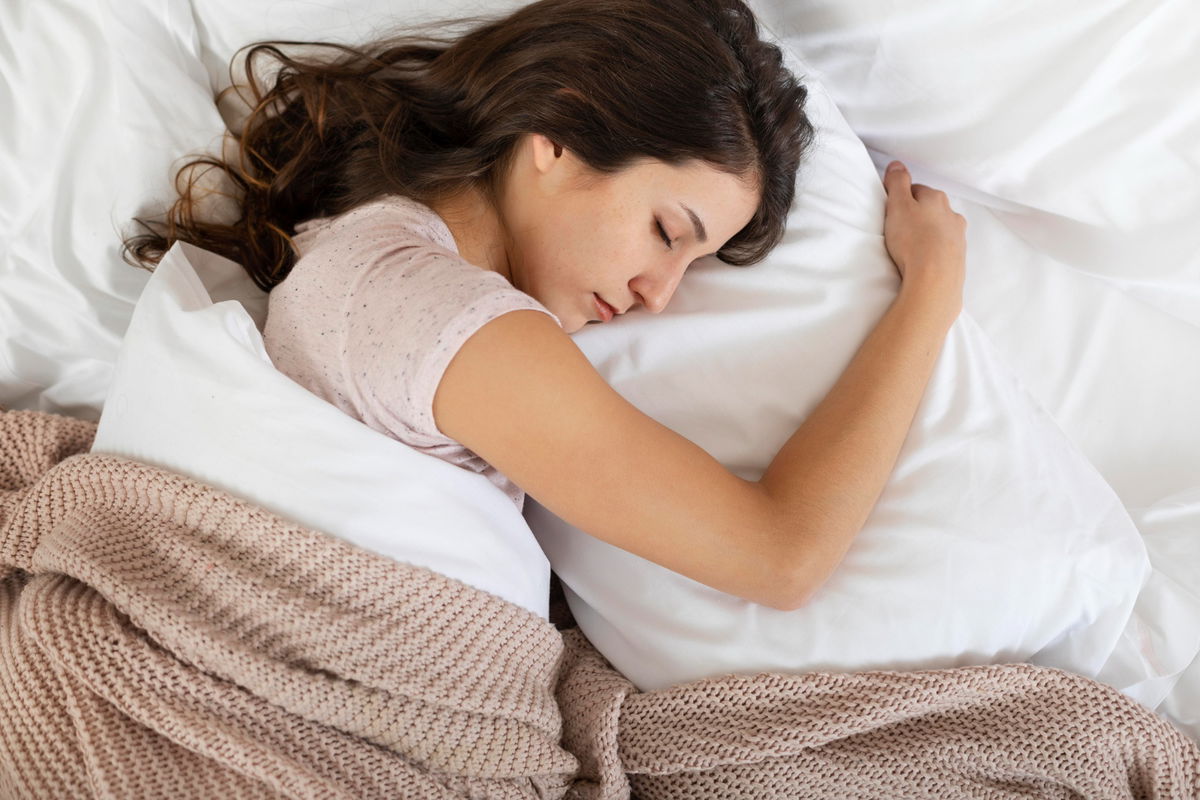
For decades, the standard advice has been that everyone needs around eight hours of sleep per night. But recent research is overturning this “one-size-fits-all” guideline, revealing that women often require at least ten hours of sleep to function optimally. What’s behind this surprising discovery? A significant part of the answer lies in the long-standing bias in medical research, which has historically focused predominantly on men — and the complex hormonal rhythms unique to women.
The Male Default in Medical Science
Sleep science is just one example of a much larger problem: for decades, the majority of medical studies have been conducted almost exclusively on male participants. This “male default” has shaped everything from diagnostic criteria to drug dosages, often assuming that men’s biology could stand in for all humans. The result? Women’s unique physiological and hormonal differences have been overlooked, leading to widespread gaps in understanding female health.
In sleep research, this bias meant that conclusions about how much rest is needed were largely based on men’s sleep patterns, which don’t fully reflect women’s distinct needs. But as more female-focused studies have been conducted, it has become clear that women’s bodies require more time for mental and physical recovery.
Why Women Need More Sleep: The Hormonal Factor
Several factors contribute to women’s greater need for sleep, and hormones play a crucial role.
Cortisol, often called the “stress hormone,” follows a natural daily rhythm that helps regulate metabolism, immune response, and alertness. Healthy cortisol levels peak in the morning and decline gradually throughout the day to prepare the body for restful sleep. Research shows that women who get closer to ten hours of sleep experience a more complete overnight reduction in cortisol levels. In contrast, shorter sleep durations can disrupt this decline, leading to elevated evening cortisol that increases stress and impairs recovery.
Additionally, hormonal fluctuations throughout the menstrual cycle, pregnancy, and menopause affect sleep quality and cortisol regulation. For example, during menopause, decreasing estrogen levels are linked to fragmented sleep and altered cortisol rhythms, increasing the need for longer, more restorative sleep periods.
Additional Reasons Women Need More Sleep
-
Brain Complexity and Multitasking:
Women’s brains often engage in more complex, multi-dimensional tasks during the day—mental and emotional multitasking that demands extra recovery time during sleep.
-
Greater Vulnerability to Sleep Disorders:
Women are more prone to insomnia, restless leg syndrome, and other disruptions that reduce sleep quality and increase the need for longer sleep duration.
The Health Cost of Underestimating Women’s Needs
Women routinely getting “standard” eight hours of sleep may actually be chronically sleep deprived, increasing their risk of depression, cardiovascular disease, immune dysfunction, and other health problems. These risks are heightened due to the interplay of disrupted cortisol regulation and sleep fragmentation.
This issue reflects a broader problem in medicine: many health conditions—including heart disease, autoimmune disorders, and mental illnesses—manifest differently in women, yet medical research and treatments have historically been based on male physiology, resulting in misdiagnosis and inadequate care for women.
Moving Toward More Inclusive Science
Thankfully, the scientific community is becoming increasingly aware of these disparities. There is a growing push to include more women in clinical trials and to analyse data by sex to better understand and address these differences. This shift is leading to more accurate health recommendations—such as acknowledging that women generally need more sleep. The realisation that women need up to ten hours of sleep is part of a larger reckoning with the male bias embedded in medical science. Correcting this oversight not only improves sleep guidelines but also advances women’s health more broadly. By basing medical advice and treatments on research that truly represents all people, science can promote better well-being and equity across genders.







